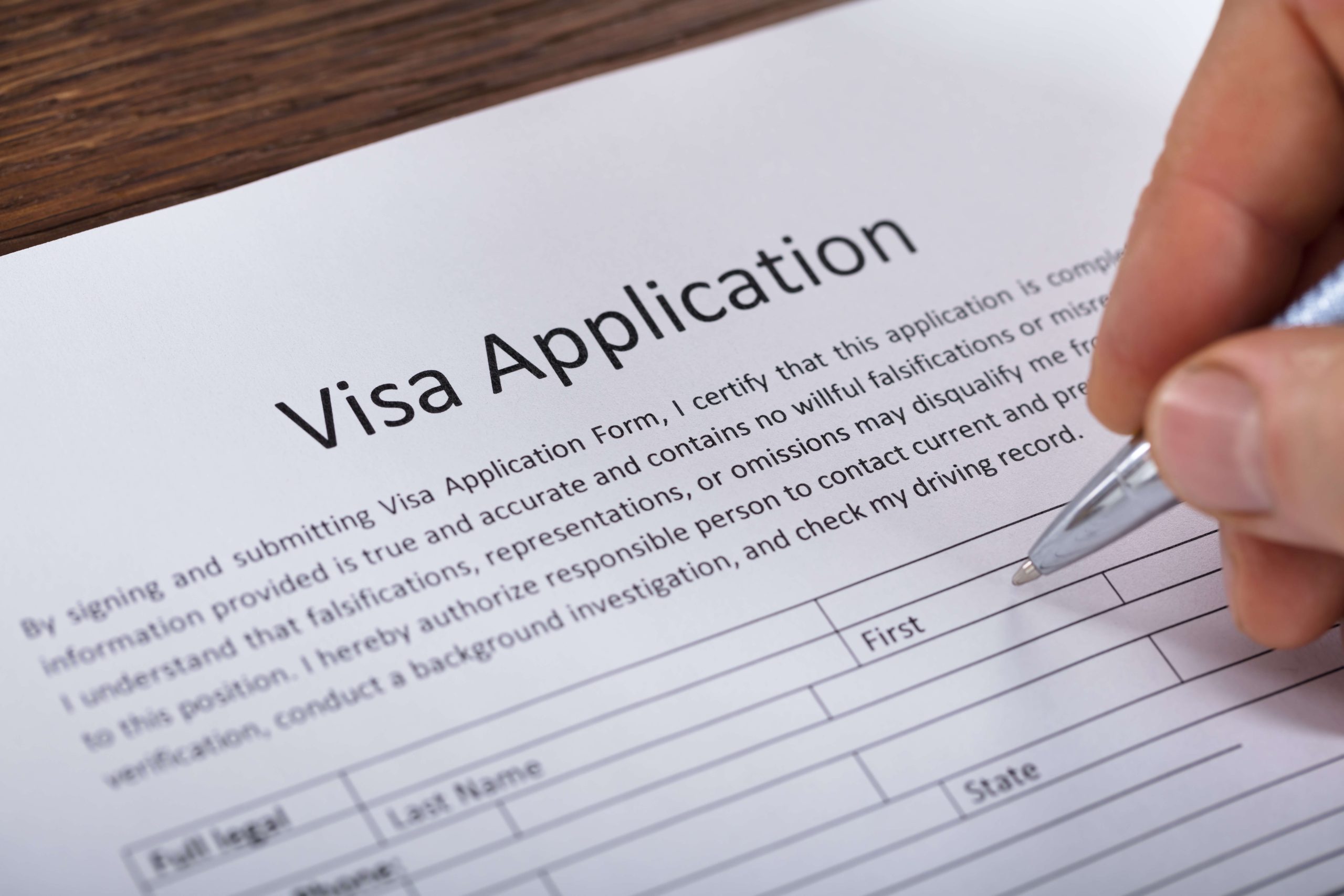Quick Hits
- On October 20, 2025, USCIS issued guidance clarifying that the $100,000 payment applies to certain H-1B petitions filed on or after September 21, 2025.
- The proclamation impacts prospective H-1B beneficiaries seeking entry from outside the United States, but not current H-1B visa holders or those eligible for change of status within the United States.
- Multiple lawsuits have been filed challenging the proclamation, arguing it exceeds executive authority and violates the Immigration and Nationality Act and Administrative Procedure Act.
USCIS confirmed this proclamation applies only to prospective H-1B beneficiaries who are seeking entry into the United States from outside of the country, and it is not applicable to current H-1B visa holders or other foreign nationals in the United States eligible for change of status to H-1B. For example, F-1 OPT students eligible for change of status to H-1B in calendar year 2026 (fiscal year 2027) are not affected by the proclamation.
Background
The “Restriction on Entry of Certain Nonimmigrant Workers” proclamation, issued on September 19, 2025, announced a $100,000 payment instituted on H-1B petitions, and was later clarified by a White House fact sheet, government memoranda, and most recently, formal USCIS guidance. Starting at 12:01 a.m. eastern daylight time on September 21, 2025, the proclamation imposed a restriction certain H-1B workers’ entry into the United States unless a $100,000 payment has been submitted or a national interest exception is granted. The proclamation also mandates compliance measures and coordination between the U.S. Department of Homeland Security (DHS) and the U.S. Department of State to enforce these restrictions. The proclamation states that this framework is in place for twelve months, with potential for renewal beyond the initial one-year period.
USCIS Guidance
The $100,000 payment applies to the following types of H-1B petitions filed on or after the effective date of September 21, 2025:
- new H-1B petitions filed on behalf of beneficiaries who are outside the United States and do not already have a valid H-1B visa;
- H-1B petitions that request consular notification, port of entry notification, or pre-flight inspection for a beneficiary inside the United States; and
- H-1B petitions that request a change of status, amendment, or extension of stay and USCIS subsequently determines that the beneficiary is not eligible for the requested change of status, amendment, or extension of stay, or the beneficiary departs the United States prior to adjudication of a change of status request.
The $100,000 payment does not apply in the following scenarios:
- H-1B petitions pending with or approved by USCIS that were filed before the effective date of September 21, 2025;
- H-1B petitions filed on or after the effective date that request an amendment, change of status, or extension of stay for an individual currently in the United States, and are approved as such;
- beneficiaries who apply for an H-1B visa based on H-1B petitions filed on or after the effective date that are approved as an amendment, change of status, or extension of stay; and
- beneficiaries with previously issued and currently valid (unexpired) H-1B visas.
Payment
Petitioners are instructed to submit the $100,000 payment through Pay.gov. USCIS stipulates that where the payment is applicable, petitioners must either make payment or obtain the national interest exception from the secretary of homeland security prior to filing the Form I-129 H-1B petition or risk denial of the petition.
National Interest Exceptions
USCIS states that exceptions to the $100,000 payment can be granted in the “extraordinarily rare circumstance” where the secretary of homeland security finds that a particular foreign national’s presence in the United States pursuant to H-1B status meets the following criteria:
- the foreign national’s presence is in the national interest;
- “no American worker is available to fill the role”;
- the foreign national “does not pose a threat to the security or welfare of the United States”; and
- requiring the petitioning employer to make the payment “would significantly undermine the interests of the United States.”
USCIS instructs petitioners who believe a beneficiary is eligible for an exception to submit an exception request and supporting evidence via email to H1BExceptions@hq.dhs.gov.
Legal Challenges
In response to the proclamation, on October 3, 2025, a group of eleven plaintiffs consisting of a healthcare service provider, labor unions, religious organizations, academic organizations, and individual visa holders filed a lawsuit against the president, the U.S. Department of Homeland Security, the secretary of homeland security, USCIS, the director of USCIS, the U.S. Customs and Border Protection, the commissioner of U.S. Customs and Border Protection, the U.S. Department of State, and the secretary of state. The lawsuit, Global Nurse Force et al. v. Trump, was filed in the U.S. District Court for the Northern District of California, seeking to prevent enforcement of the $100,000 payment and for the proclamation’s sections pertaining to restrictions on entry, adjudication, and visa issuance without fee payment to be declared unlawful.
Additionally, on October 16, 2025, the U.S. Chamber of Commerce, a business association advocacy and lobbying group, filed a lawsuit challenging the proclamation against the U.S. Department of Homeland Security, the U.S. Department of State, the secretary of homeland security, and the secretary of state. The lawsuit was filed in the U.S. District Court for the District of Columbia, seeking declaration that the proclamation exceeds the executive branch’s authority and to enjoin the departments from carrying out the provisions of the proclamation.
Both lawsuits argue that the proclamation, specifically the imposition of a $100,000 payment, exceeds the powers granted to the executive branch and is contrary to congressional intent of the Immigration and Nationality Act (INA), which governs the H-1B visa program; that the proclamation violates the notice and comment requirements under the Administrative Procedure Act (APA); and that the new fee requirement is arbitrary and capricious.
Analysis and Impact
Although previous guidance focused on new H-1B petitions submitted pursuant to the H-1B cap/quota, the proclamation does cover both H-1B cap-exempt and cap-subject employers. Multiple lawsuits challenging the proclamation and seeking injunctive relief are currently pending. In the interim, employers seeking to file H-1B petitions subject to the proclamation may want to consider submitting requests for national interest exceptions.
Ogletree Deakins’ Immigration Practice Group will closely monitor developments with respect to the pending litigation and other policy changes and will post updates on the Immigration blog as additional information becomes available.
This article and more information on how the Trump administration’s actions impact employers can be found on Ogletree Deakins’ Administration Resource Hub.
Follow and Subscribe
LinkedIn | Instagram | Webinars | Podcasts







